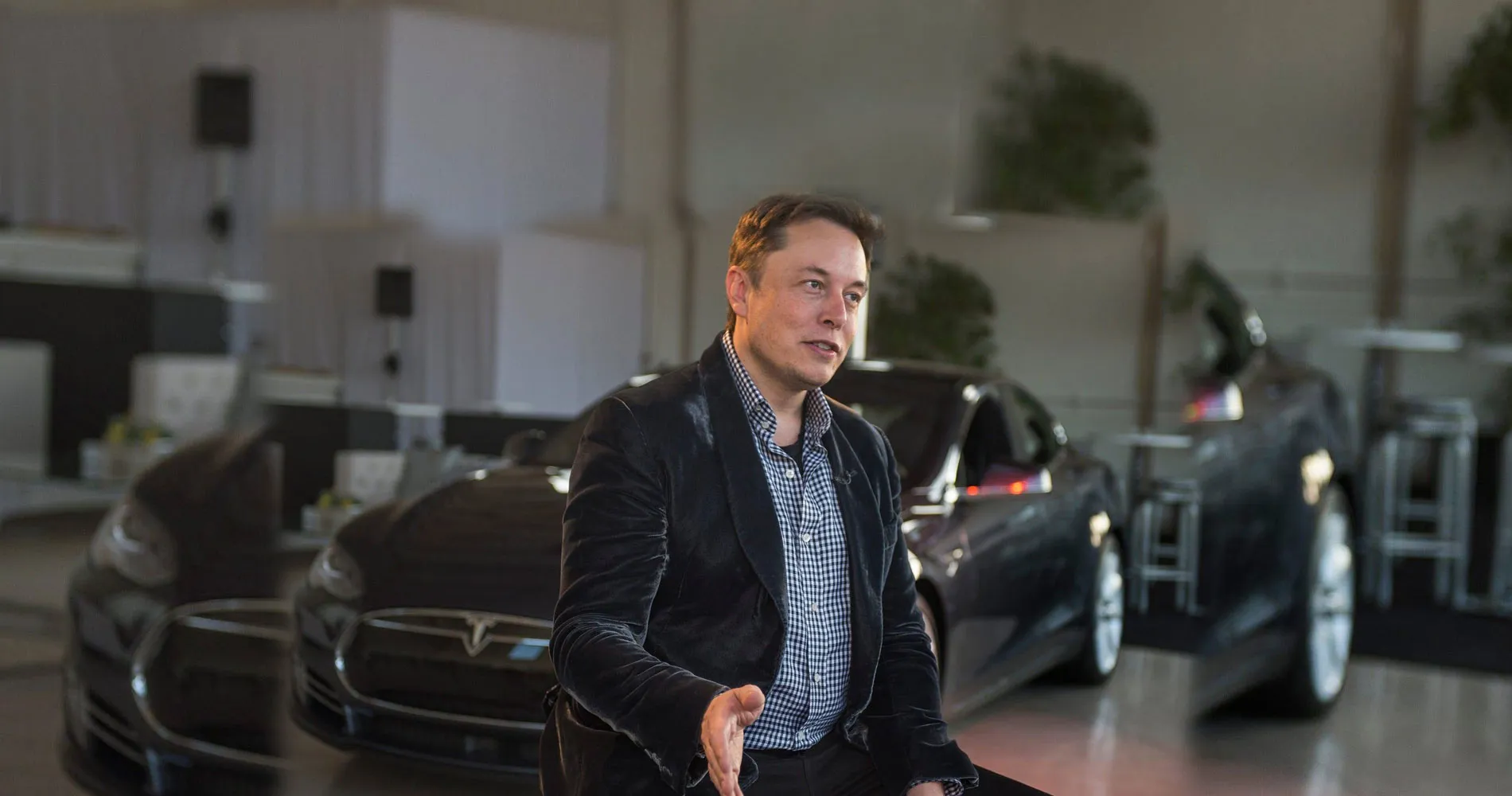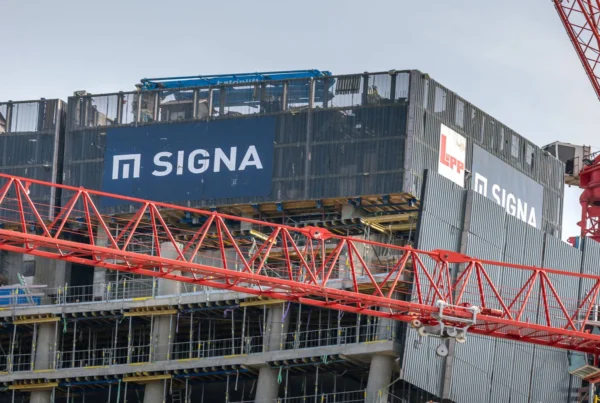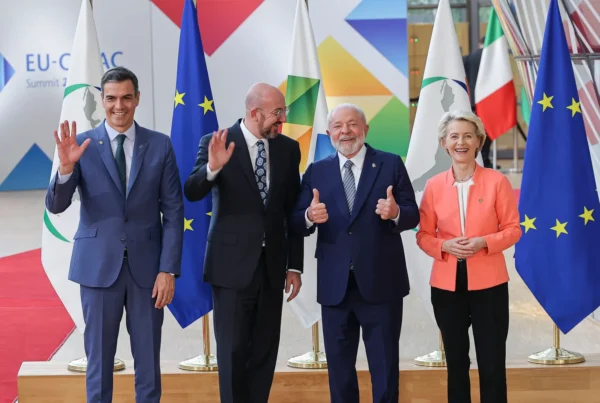Elon Musk is currently embroiled in a legal battle with the Brazilian supreme court. The billionaire is being cited for refusing to obey the court’s order to ban accounts linked to the 2023 coup attempt in Brasilia.
Reed McIntire
10 June 2024
Arabic version
On 8 April 2024, the Supreme Federal Court of Brazil, the country’s highest court, announced that Elon Musk will be included in ongoing investigations over the use of X (formerly Twitter) to organize the coup attempt led by Bolsonaro supporters in 2023. The charges leveled at Musk include suspicion of obstruction of justice, incitement of crime, and organized criminal activity.
The order comes on the heels of the Brazilian government ordering X to ban accounts linked to the 2023 putsch as well as to refrain from disclosing information on the accounts banned. While Musk initially had complied with the order, he later announced that these bans would be reversed, violating the court order. Violation of a Supreme Court order is illegal under Brazilian law and is the basis of the investigation of Musk. Though X subsequently backpedaled again, as its lawyers announced full compliance with the court orders. X was additionally ordered to explain why the accounts were no longer banned, to which X cited operational errors on the platform as well as users finding ways to circumnavigate their bans, a direct contradiction of Musk’s previous statement.
On X, the billionaire derided Minister Alexandre de Moraes, who has been leading the investigations into far-right internet users. Among his posts, Musk demanded the impeachment of de Moraes for “brazenly and repeatedly” violating the country’s constitution. On 9 April, Musk promised to provide a “full data dump” on the minister once X employees were in “a safe place”. Even before his row with the Brazilian judiciary, Musk has been vocal about his opinions, such as questioning Dr. Anthony Fauci role during the COVID-19 pandemic.
Musk’s inclusion in the investigation is seen by many as a retaliation for his comments against de Moraes and the judiciary. Attorney General Jorge Messias has called for the regulation of social media sites in the country, citing the risk posed by billionaires in control of these networks advocating against the rule of law, a likely reference to Musk. Ultimately, X could be banned from Brazil altogether if the Court deems it necessary.
The conflict between the Court and Musk has become the subject of controversy in Brazil. Many on the Right have labeled the Court’s actions as censorship. Congressman Nikolas Ferreira of the Liberal Party spoke out against President Lula da Silva and his government at the United Nations last month, accusing them of eroding Brazilian democracy and freedoms.
De Moraes himself has a mixed reputation in his home country. Initially unpopular with the left, de Moraes instead found an enemy in former president Jari Bolsonaro. The judge has headed multiple investigations into Bolsonaro, even during his term, with tensions between the two culminating in Bolsonaro supporters protesting outside the federal courthouse and attacking de Moraes. Still, de Moraes’ reputation is torn between those who view him as an autocrat and others who see him as protecting democracy.
Internationally, American journalists Glen Greenwald and Michael Shellenberger have criticized the actions of the Court and the da Silva government. Shellenberger recently released the so-called Twitter Files, a compilation of evidence showing purportedly illegal gathering by the Brazilian government of user data and activity on social media. Argentinian President Javier Milei visited one of Musk’s Tesla factories in Texas, becoming the latest personality to rally to Musk’s cause.
The legal limits of the court’s investigation are still uncertain. According to the Brazilian Constitution, monitoring of communications is allowed when part of criminal investigation so long as it is proportional. Brazilian legal scholars have additionally commented that free speech has limits, especially regarding threats against democracy and the rule of law. However, whether the case falls under this category is disputed, as opponents cite potential political motivation for de Moraes and the Court.
One day after the Court’s announcement, Brazil’s Commission of Public Security requested Musk to take part in a public audience in front of the Brazilian Congress to explain himself. This audience would include the Supreme Court to discuss its potentially illegal monitoring of X and its push for increased overall internet monitoring in the country.
As of now, the Commission approved the audience on the additional stipulation that Musk provide further information on his claims of the Brazilian government’s abuse of power against X. According to the Commission, if true, Musk’s accusations signal a violation of the country’s constitution by these officials. Additionally, Michael Shellenberger has been called to the audience alongside Musk due to his involvement with the Twitter Files. It is still unclear when this audience will take place or if Musk has agreed to speak. If Musk does appear and does provide evidence of abuse of power, there could be massive ramifications for the legal legitimacy of de Moraes and the Supreme Court’s investigations as well as potential impeachments.







